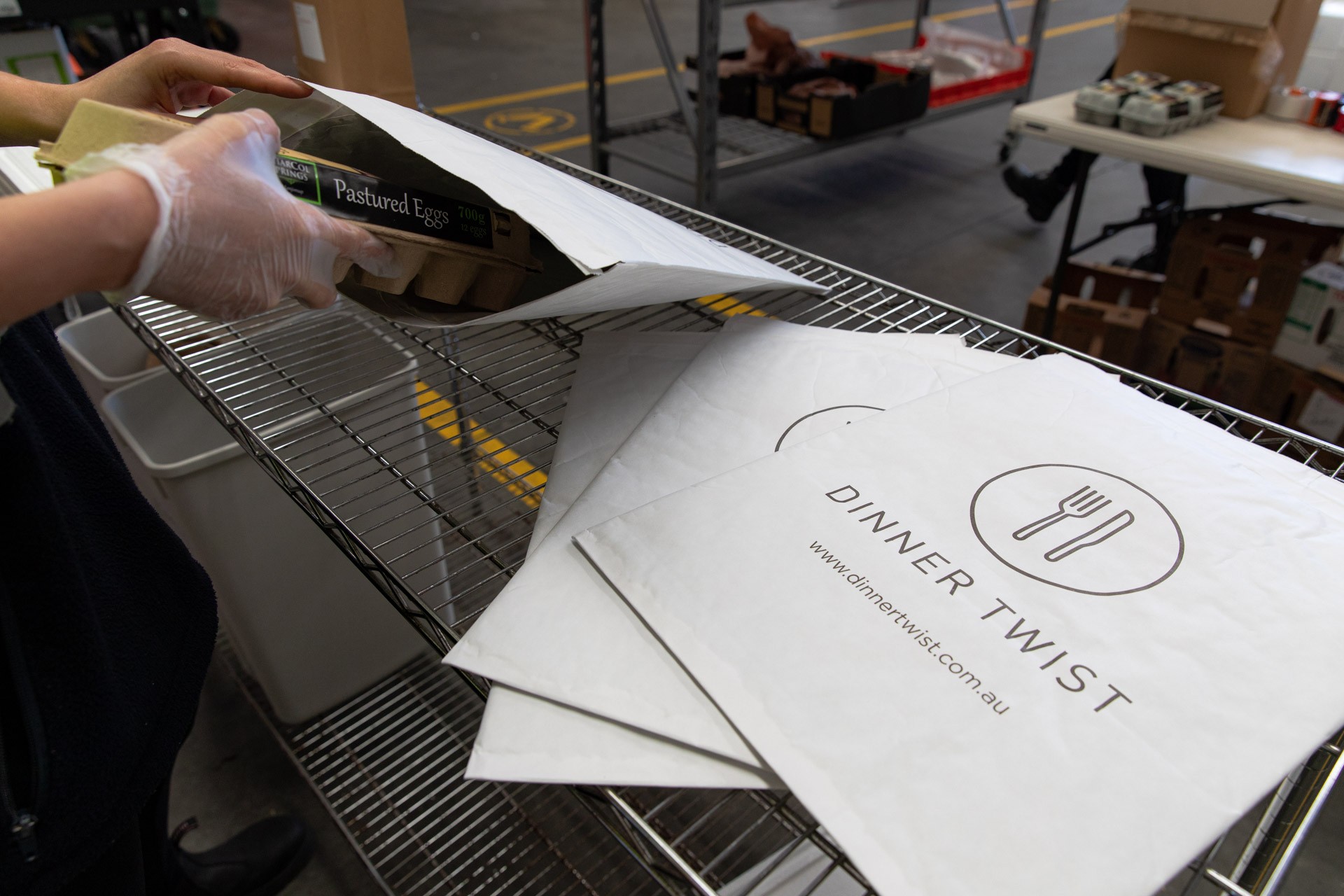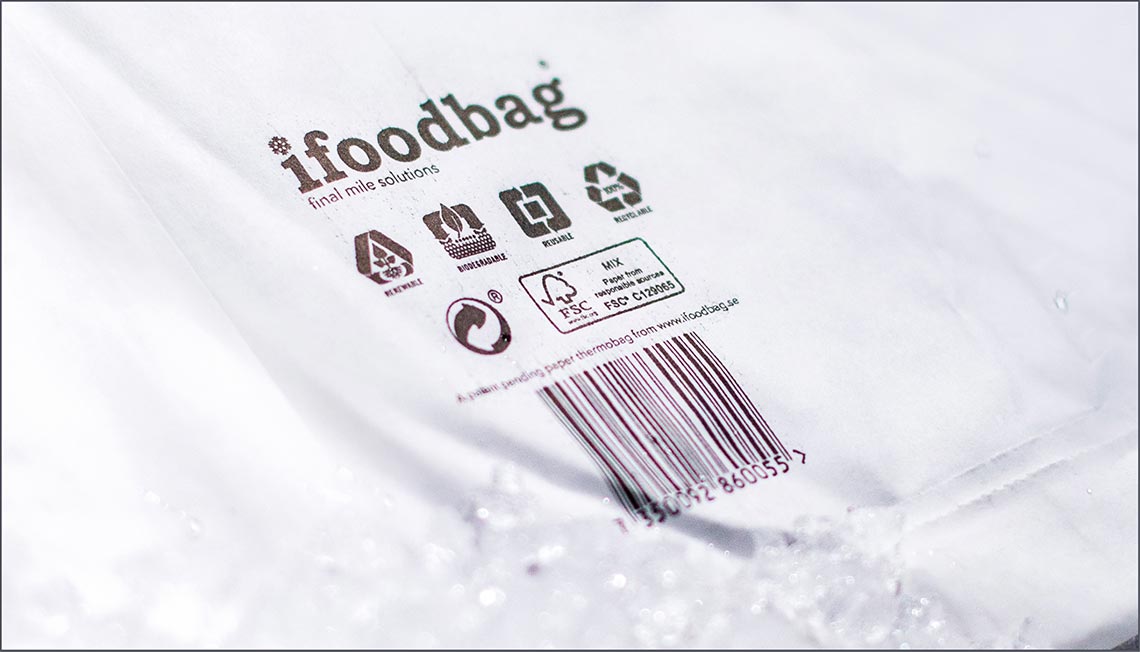In our fast-paced world, packaging plays a vital role in protecting products and ensuring their safe delivery. However, the repercussions of our packaging choices extend far beyond convenience. Without a significant increase in packaging recycling, we are heading towards a dire future, teeming with environmental consequences. This blog delves into the deep-rooted impacts of insufficient packaging recycling and highlights the urgent need for change. Brace yourself as we unpack the alarming truth about our packaging habits and explore sustainable solutions that could shape a more promising tomorrow. Join us on this eye-opening journey that reveals the dire future that awaits without increased packaging recycling.
The Environmental of Insufficient Packaging Recycling
The environmental impact of insufficient packaging recycling is far-reaching and alarming. Without adequate recycling practices, we witness a surge in waste, filling up landfills at an alarming rate. Mounting piles of non-recycled packaging materials contribute to pollution, releasing harmful toxins into the air, soil, and waterways. Moreover, the extraction and production of virgin materials for packaging necessitate substantial energy consumption and contribute to the depletion of natural resources. The vicious cycle perpetuates as more packaging is produced, adding to the environmental burden. It is imperative to recognise the detrimental consequences on the environment and take immediate action to increase packaging recycling rates.
Food Waste and Packaging Relationship
The connection between packaging waste and food waste is undeniable, highlighting the urgency of effective recycling practices. Inadequate recycling contributes to food spoilage and wastage during transportation and storage. Without proper packaging recycling, products are susceptible to damage, contamination, and exposure to unfavourable conditions. For instance, flimsy or inadequate packaging may fail to protect perishable items, leading to spoilage before they even reach consumers. Additionally, packaging materials that are not recycled or disposed of responsibly can create barriers for efficient waste management systems, further exacerbating the problem of food waste. It is crucial to address this relationship between packaging waste and food waste by prioritising recycling efforts and embracing sustainable packaging alternatives like paper-based solutions, which offer both protection and environmental benefits.
The ifoodbag System: A Sustainable Solution
When it comes to sustainable packaging alternatives, iFoodbag stands out with its unwavering commitment to sustainability. The iFoodbag system encompasses various components designed to minimise environmental impact. These include reusable boxes and paper bags that replace traditional single-use packaging.
iFoodbag’s reusable boxes offer a durable and eco-friendly solution for transporting chilled and frozen goods. They are carefully designed to maintain optimal temperature, ensuring food freshness throughout the delivery process. By promoting reuse instead of disposability, iFoodbag significantly reduces packaging waste.
Equally commendable are iFoodbag’s paper bags. Made from sustainable and responsibly sourced materials, these bags are an eco-conscious choice. They often incorporate recycled content, further reducing the demand for virgin materials. What’s more, iFoodbag’s paper bags are biodegradable, meaning they break down naturally over time, minimising their impact on the environment.
What sets iFoodbag apart is the easy recyclability of their paper bags. After use, these bags can be conveniently recycled, contributing to a circular economy. By embracing a closed-loop system, iFoodbag reduces reliance on virgin materials and supports the sustainable management of resources. Their paper bags strike a balance between functionality and eco-friendliness, aligning with the pressing need for sustainable packaging options.
Exploring the Sustainability of iFoodbag’s Paper Bags
iFoodbag’s paper bags offer a range of environmentally friendly attributes that contribute to their sustainability. These bags are typically crafted from renewable resources, ensuring the preservation of natural habitats. Furthermore, they often contain recycled content, harnessing the value of post-consumer materials while reducing the demand for raw resources.
In addition to their sustainable sourcing, iFoodbag’s paper bags boast impressive biodegradability. Unlike conventional plastic packaging, which can persist in our environment indefinitely, these paper bags break down naturally over time. This reduces the risk of long-term pollution and contamination, supporting a healthier ecosystem.
One of the key advantages of iFoodbag’s paper bags is their easy recyclability. After serving their purpose, these bags can be recycled through standard recycling channels. This efficient recycling process helps divert packaging waste from landfills and conserves valuable resources. The reduced reliance on virgin materials makes a significant difference in the overall carbon footprint of packaging.
The Role of Increased Packaging Recycling
Increasing packaging recycling rates is of paramount importance on a broader scale. By actively participating in recycling initiatives, individuals, businesses, and governments can collectively make a positive impact on the environment.
Boosting packaging recycling rates directly translates into significant waste reduction. It means diverting packaging materials from landfills, reducing the strain on our waste management systems, and curbing the need for additional disposal sites. Moreover, recycling conserves valuable resources by minimising the demand for raw materials and reducing energy consumption in production processes.
Embracing increased packaging recycling is also crucial in the fight against climate change. Recycling reduces the need for manufacturing new packaging from scratch, which often involves energy-intensive processes emitting greenhouse gasses. By lowering CO2 emissions associated with packaging production, recycling contributes to mitigating climate change impacts.
To achieve improved packaging recycling rates, collaboration is key. Governments can enact policies that incentives recycling, introduce comprehensive recycling programs, and promote public awareness campaigns. Businesses can adopt sustainable packaging practices and engage in partnerships that facilitate the recycling of their products. Meanwhile, individuals can diligently separate and recycle their packaging waste, supporting community recycling efforts.
In conclusion, the consequences of inadequate packaging recycling are dire and demand urgent attention. Embracing sustainable solutions, such as the iFoodbag system, offers hope for a more sustainable future. By increasing recycling rates, we can combat waste, conserve resources, and mitigate the environmental impact of packaging, paving the way for a greener and healthier planet for generations to come. Together, let’s take action and unpack a future where increased packaging recycling becomes a reality.

